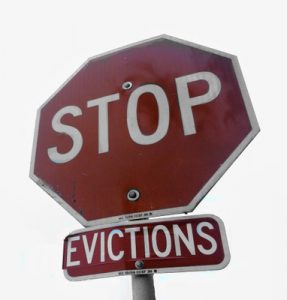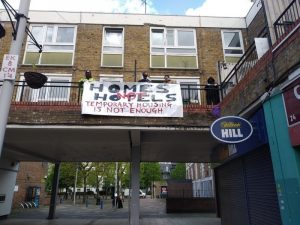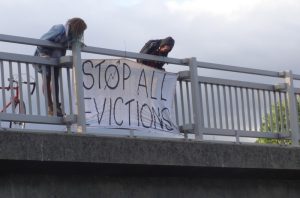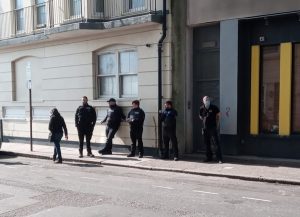 Despite the government’s temporary pause on eviction proceedings the system is going to be back soon enough — here’s what you need to know if you’re facing it.
Despite the government’s temporary pause on eviction proceedings the system is going to be back soon enough — here’s what you need to know if you’re facing it.
We are likely to see a wave of evictions sweep the country come the end of next month, following the end of a suspension of nearly all court possession cases until (currently) September 20th. Whether or not this will be temporarily extended again, unless substantial legislative changes are instituted, Shelter anticipates that over 230,000 renters are at risk of eviction, in large part due to falling into rent arrears linked to job losses, reductions in income, and shielding during the Covid-19 outbreak. What this means is that it is still vital that renters understand their legal rights and the ways in which they can challenge an eviction notice.
Of greatest notoriety are Section 21 notices, commonly referred to as “no fault” evictions. These only apply to assured shorthold tenancies, which are the most common kind of private rented tenancy. They are the most common kind of eviction in the private rented sector, used for more than 80% of evictions against private tenants. And such notices are a delight to landlords as they do not have to offer a reason for evicting their tenant — no matter if you paid the bills on time, fixed up the plug sockets, bought the landlord a bouquet of flowers for Christmas (gross, don’t do this) — despite all the good behaviour in the world, a Section 21 eviction notice can still arrive at your door. [Read More]









